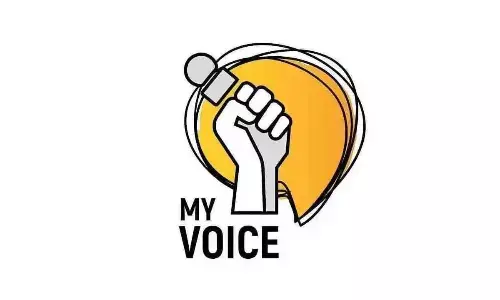Salesforce lays off over 7,000 workers as it hired 'too many people' in pandemic

Enterprise software company Salesforce has announced to lay off 10 per cent of its workforce, impacting more than 7,000 employees.
Enterprise software company Salesforce has announced to lay off 10 per cent of its workforce, impacting more than 7,000 employees.
In a letter to employees, Salesforce CEO Marc Benioff said that the environment remains "challenging" and our customers are taking a more measured approach to their purchasing decisions.
"With this in mind, we've made the very difficult decision to reduce our workforce by about 10 percent, mostly over the coming weeks," Benioff wrote.
Last month, Benioff said that those who were hired by the company during the Covid pandemic are "facing lower productivity".
In the letter to employees late on Wednesday, he said as the revenue accelerated through the pandemic, "we hired too many people leading into this economic downturn we're now facing, and I take responsibility for that".
"Within the next hour, employees who are initially affected by this decision will receive an email letting them know. Our leadership will reach out directly to these employees, and provide clarity for their teams about changes within their organisations," Benioff wrote.
For those who will be leaving Salesforce, they will be offered "a generous package".
In the US, affected employees will receive a minimum of nearly five months of pay, health insurance, career resources, and other benefits to help with their transition.
"Those outside the US will receive a similar level of support, and our local processes will align with employment laws in each country," said Benioff.
The company had 73,541 people on its payroll in early 2022.
In November last year, the company laid off hundreds of employees. The company, however, told media publications that the job cuts affected "less than a thousand" employees.

















